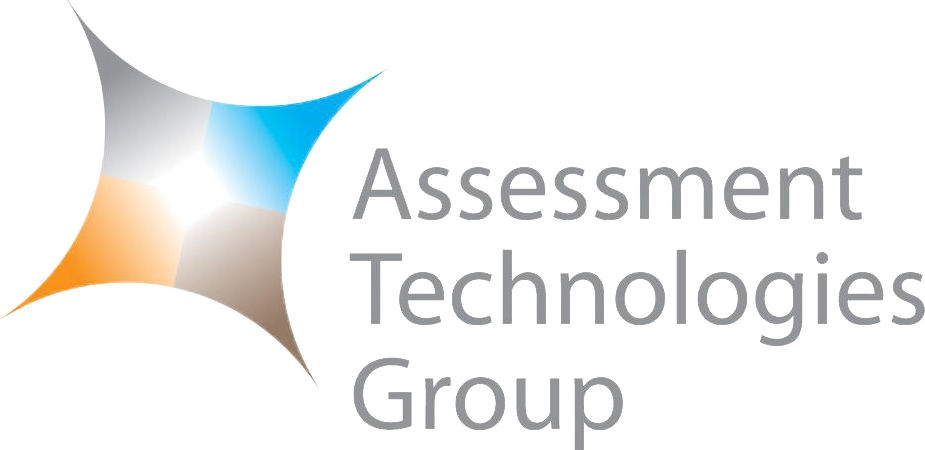April 1, 2016
With unemployment rates at historic levels many more individuals are applying for fewer jobs. Because there typically is no penalty for applying, many of today’s job applicants are not a good fit a given job. In this economy, selection really becomes critical. Unfortunately, the typical organization is still clutching to that old bastion of selection – the job interview. Despite the fact that many studies have confirmed that job interviews are among the least effective means of making a good hire decision, they continue to be the number one choice among employers. There are a few things employers should consider before simply hiring the best interviewee. First: Interviews are notoriously ineffective at predicting performance. Study after study show that even the best interviewers fall woefully short of informing good selection decisions. In fact, interviews rarely exceed an accuracy rate of 10%. Translation: If you hire a good employee via an interview, you probably got lucky. Moreover, nearly everyone with hiring authority has made a bad hire – it’s just too easy to select good interviewees. Second: Some bad employees are good at interviewing. The best interviewers may be the worst employees because they have relatively more experience interviewing. Translation: they’ve […]




